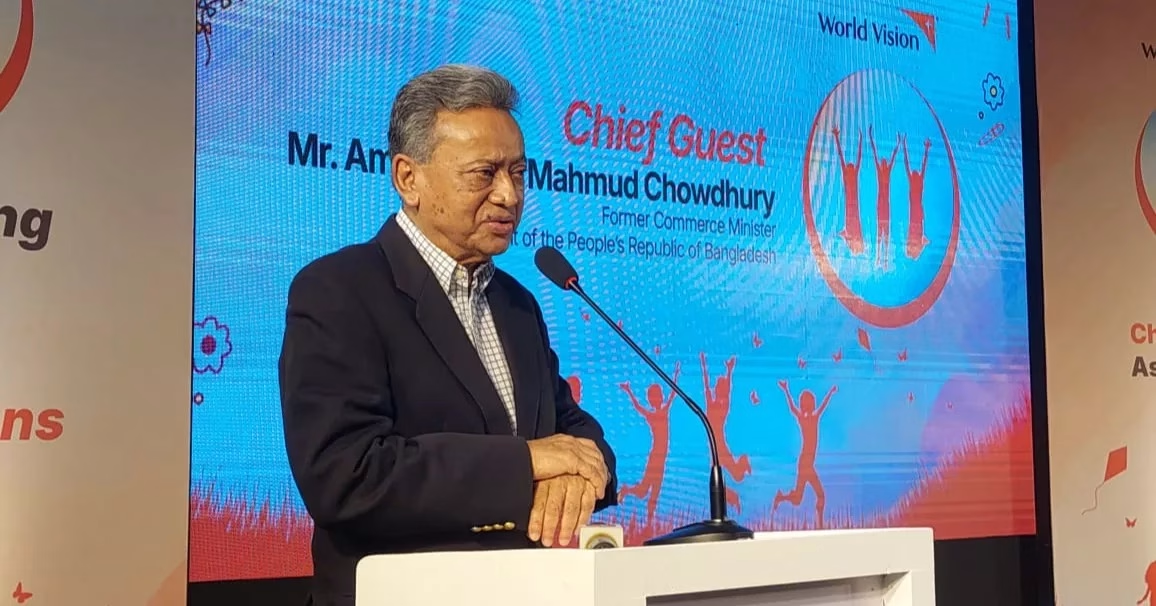BNP Standing Committee member Amir Khosru Mahmud Chowdhury on Thursday stressed the need to develop a “creative industry” in Bangladesh, pledging that his party would integrate rural arts and culture into the economic mainstream if it comes to power.
Speaking at a youth-focused event in a city hotel, the former minister highlighted the urgency of harnessing the demographic dividend. “To unlock our potential, we must take advantage of the demographic dividend. Alongside education, everyone must acquire skills,” he said while addressing a youth-focused event at a city hotel.
The former minister argued that democracy in politics alone was not enough. Without economic democratisation, he warned, neither politics nor democracy would be effective. “Democracy must guarantee equal rights for all and help build a welfare state,” he said.
Outlining his vision for a creative industry, the BNP leader said future economic initiatives must reflect people’s aspirations and reach rural communities. He noted that traditional occupations – such as weaving, pottery, blacksmithing, music, and fine arts – could play a significant role in the economy if properly supported.
“We have a wide variety of music, including Bhawaiya, Lalon songs, and folk traditions, but they remain outside the mainstream. Many are disappearing,” he cautioned.
He added that although Bangladeshi handicrafts command high prices globally, the country has failed to capitalise on this potential. To address the gap, he proposed programmes to provide artisans with raw materials, technical support, branding, and marketing opportunities.
Citing Thailand as an example, he said that during Thaksin Shinawatra’s tenure as prime minister, Bangladesh delegates were introduced to the country’s “One Village, One Product” model. Under the initiative, each village was identified by its signature product, which was then supported through improved design, export facilitation, and branding. “With such a plan, they advanced by rapidly branding their products globally in ways similar to Amazon and Alibaba,” he noted.
He also called for platforms that would enable rural producers to export directly without needing to rely on Dhaka or Chattogram. Citing theatre as an untapped resource, he said, “Dhaka’s theatre could be like London’s, and Chattogram’s could follow suit. This is not just entertainment – if monetised, it could generate huge employment. The economy is not only garments or manufacturing; in the past, we failed to use this potential.”
On culture’s borderless nature, he remarked: “Music has no boundaries. From Bangladesh, we listen to English and Spanish songs, while our youth are immersed in Korean dramas. Arts and culture have no frontiers – they must be part of the mainstream economy.”
Alongside cultural initiatives, Khosru also urged expansion of IT businesses across the country, again stressing Bangladesh’s demographic advantage. “We are enjoying the demographic dividend, but it will only be an asset if we monetise it. Without skills, we cannot make use of it,” he said.


